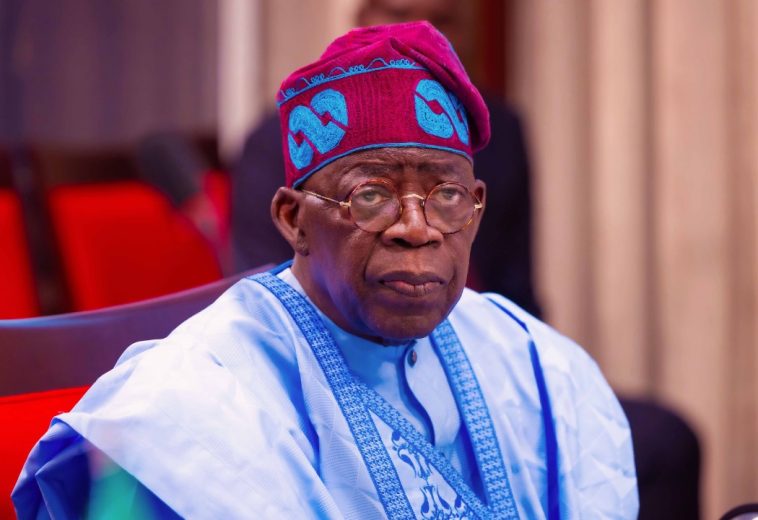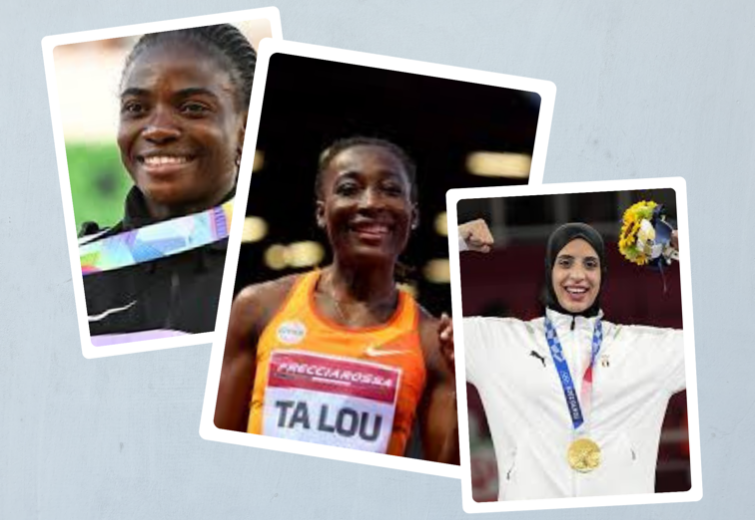The winds of change are blowing across the African continent, but within the hallowed halls of parliament, progress for women has remained a slow process. Despite decades of advocacy and growing awareness, women’s representation in African parliaments lags far behind global averages.
As of June 2024, the Inter-Parliamentary Union (IPU) reports that the global average for women’s representation in national parliaments stands at 26.9%. Sub-Saharan Africa, the region with the most countries, holds the third-highest ranking globally with an average of 27.3% women in parliament. This might seem like progress, but a closer look reveals a complex reality.
While Rwanda stands tall as a global leader with 61.3% women in its Chamber of Deputies, other countries like Nigeria, with a mere 3.9% women in its House of Representatives, remain behind. This vast disparity highlights the uneven progress across the continent, where strong patriarchal traditions, cultural norms, and limited access to resources continue to hinder women’s political aspirations.
The Struggles They Face
The road to parliament for African women is fraught with challenges. Here are some of the hurdles they face:
Deep-Rooted Patriarchy
Many African societies are steeped in patriarchal traditions that view leadership roles as the exclusive domain of men. This ingrained bias discourages women from entering politics and limits their access to support networks. “Breaking down these cultural barriers is crucial,” says Aïcha Bah Diallo, a veteran politician from Mali. “We need to change mindsets and empower women to believe that they have a rightful place at the decision-making table.”
Financial Constraints: Elections in Africa can be expensive, and women often lack the financial resources required for campaigning. Fundraising remains a significant challenge, limiting their ability to compete with male candidates who may have access to traditional power structures and wealth.
Gender-Based Violence and Harassment: Women in politics face a constant threat of violence and harassment, both online and offline. This hostile environment discourages many talented women from entering the political arena.
Behold the Beacons of Hope and Inspiration!
Despite the challenges, remarkable women across Africa are breaking down barriers and achieving remarkable success. Here are a few examples:
Dr. Jeannette Kagame (Rwanda): The First Lady of Rwanda and a leading figure in the country’s remarkable progress on gender equality, Dr. Kagame has been instrumental in promoting women’s political participation. Rwanda’s current world-leading representation of women in parliament stands as a testament to her dedication and leadership.
Fawzia Kufi (Afghanistan): A champion for women’s rights in Afghanistan, Fawzia Kufi bravely served in the Afghan parliament for over a decade, advocating for peace and education for girls. Despite facing constant threats and violence, her unwavering spirit inspires women across Africa and the globe.
Sophia Akuffo (Ghana): The former Chief Justice of Ghana, Sophia Akuffo, shattered glass ceilings during her long and distinguished legal career. Her rise to the highest judicial office serves as a powerful symbol of women’s leadership potential in Africa.
These are just a few examples of the many exceptional women who are paving the way for a more inclusive future in African politics. Their stories offer hope and inspiration, demonstrating that progress is possible, even amidst significant challenges.
However, to achieve true gender parity in African parliaments, a multi-pronged approach is needed. Quota systems, which allocate a percentage of parliamentary seats for women, have been successful in increasing their representation. Investing in education and leadership training programs can equip women with the skills and confidence to pursue political careers. Addressing gender-based violence is crucial, and a zero-tolerance policy for violence and harassment against women in politics is essential. Mentorship and networking among women politicians can provide support and guidance. Engaging men as allies can help dismantle patriarchal norms and create a more supportive environment for women’s political aspirations. Media representation plays a significant role in shaping public perceptions, and encouraging women to be seen as capable leaders and role models can inspire young girls and counter traditional gender stereotypes.
The fight for greater representation of women in African parliaments is a marathon, not a sprint. While the pace of progress has been frustratingly slow, the growing chorus of voices demanding change is a positive sign. By implementing these strategies and fostering a collective commitment to gender equality, African nations can unlock the full potential of their women and build more inclusive and prosperous societies.


